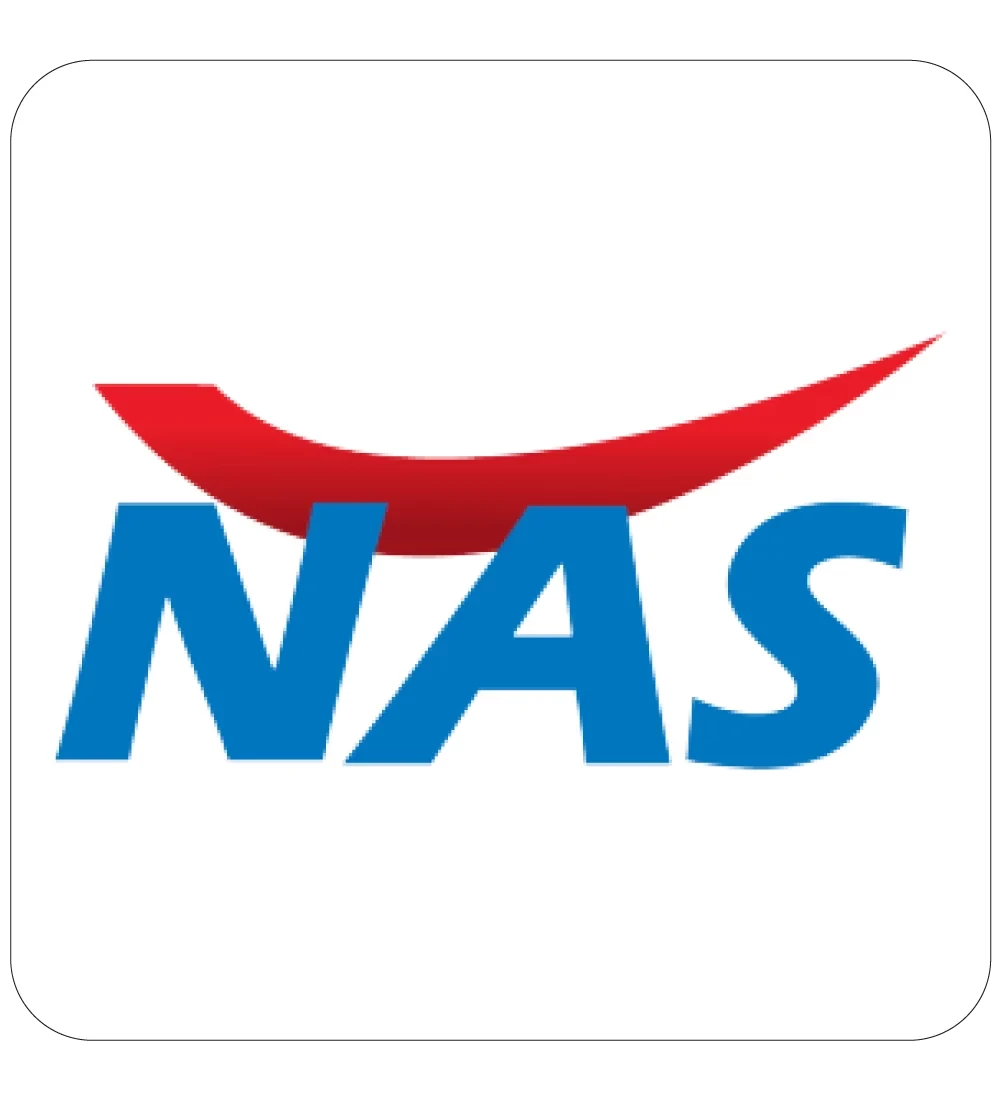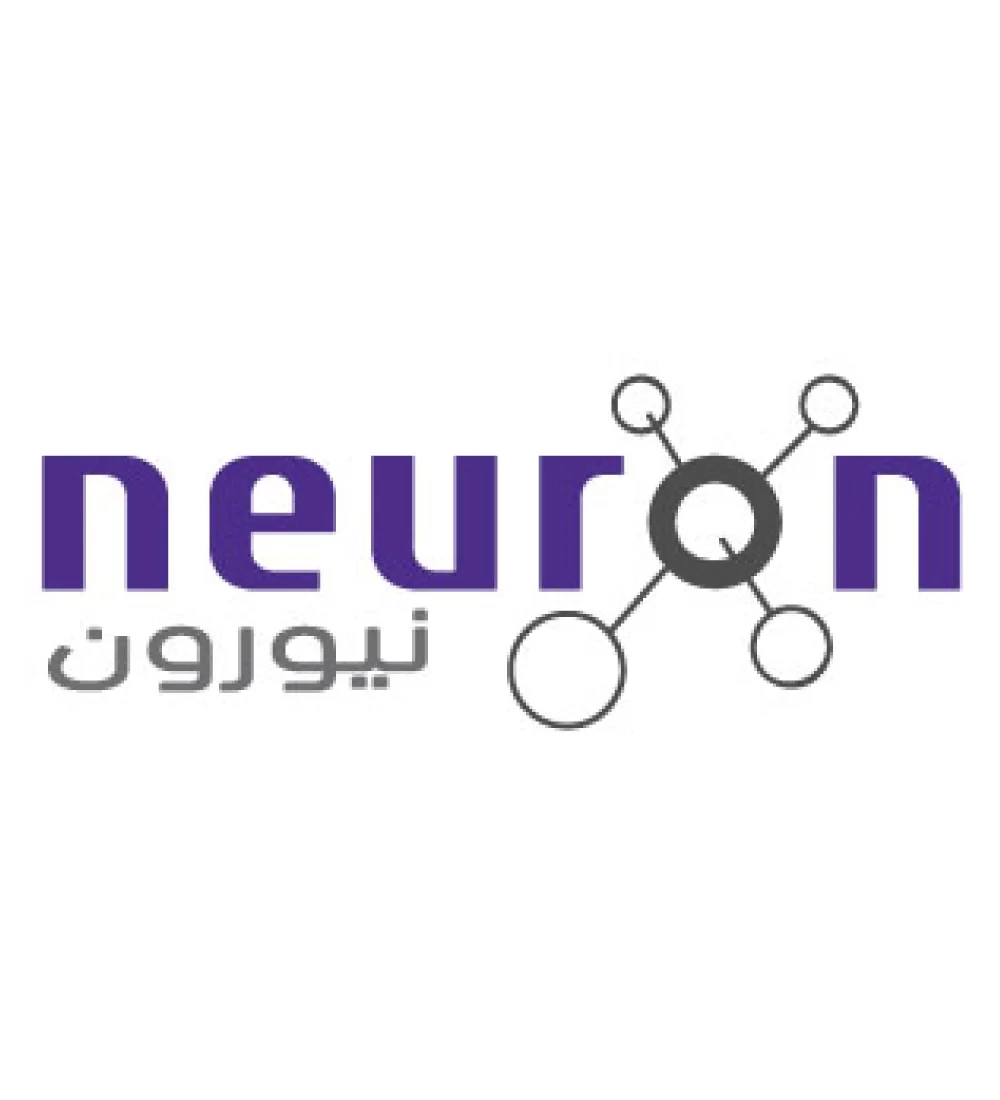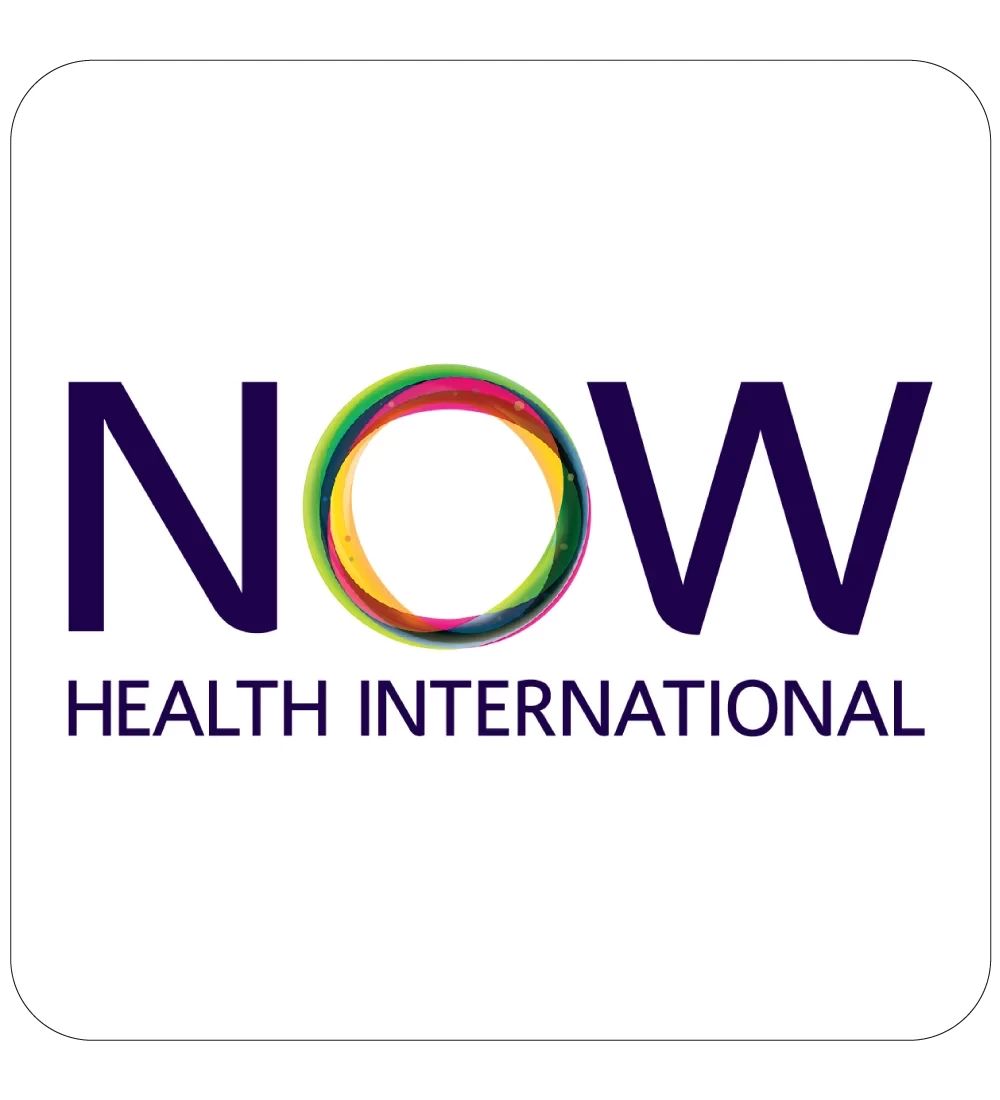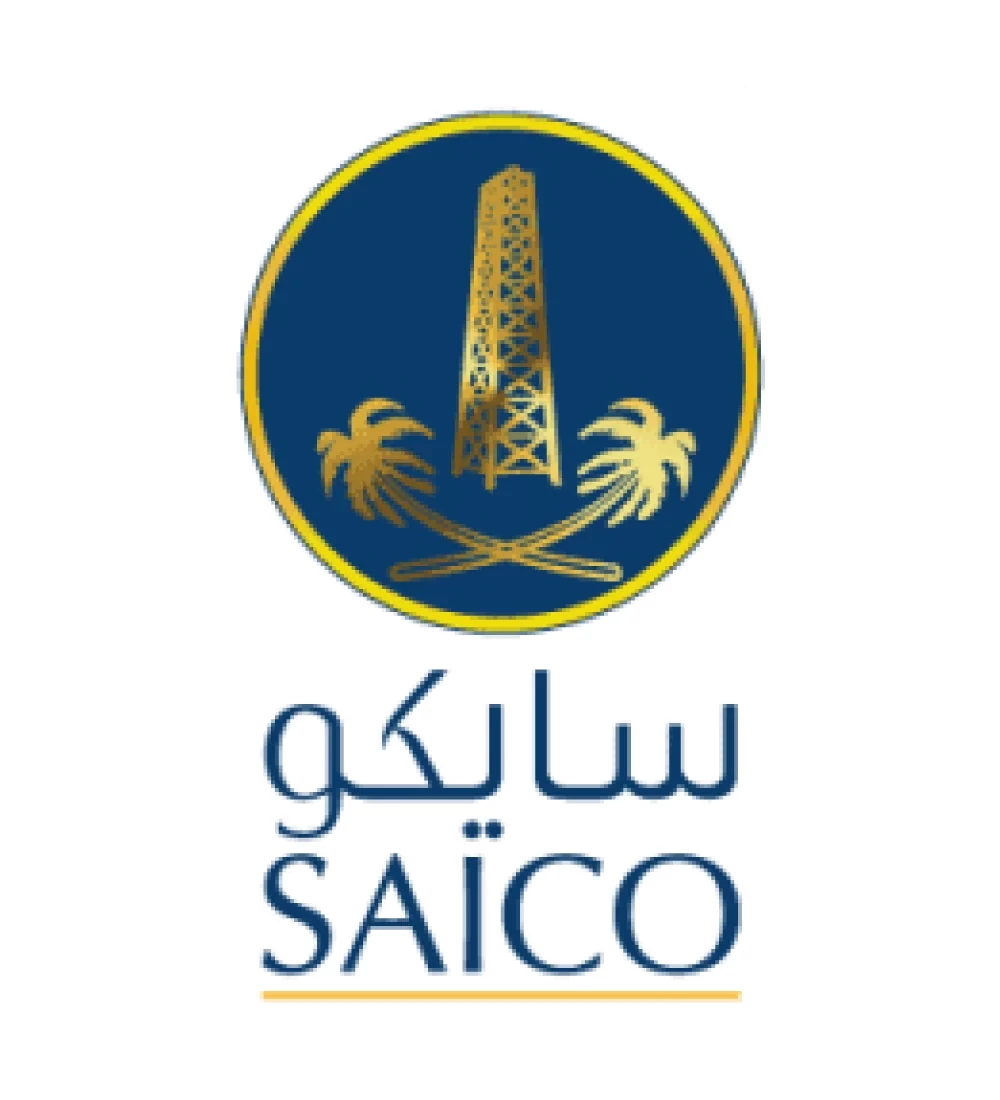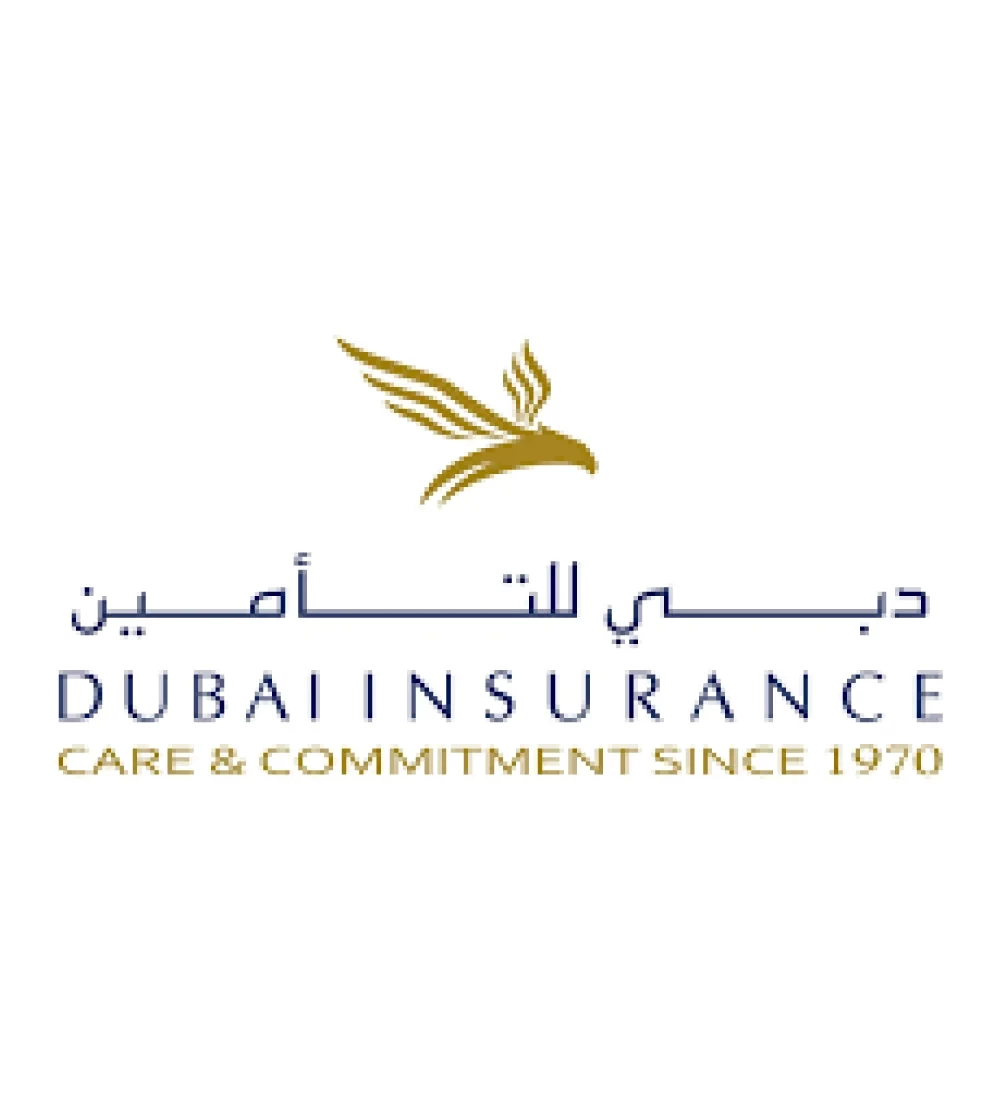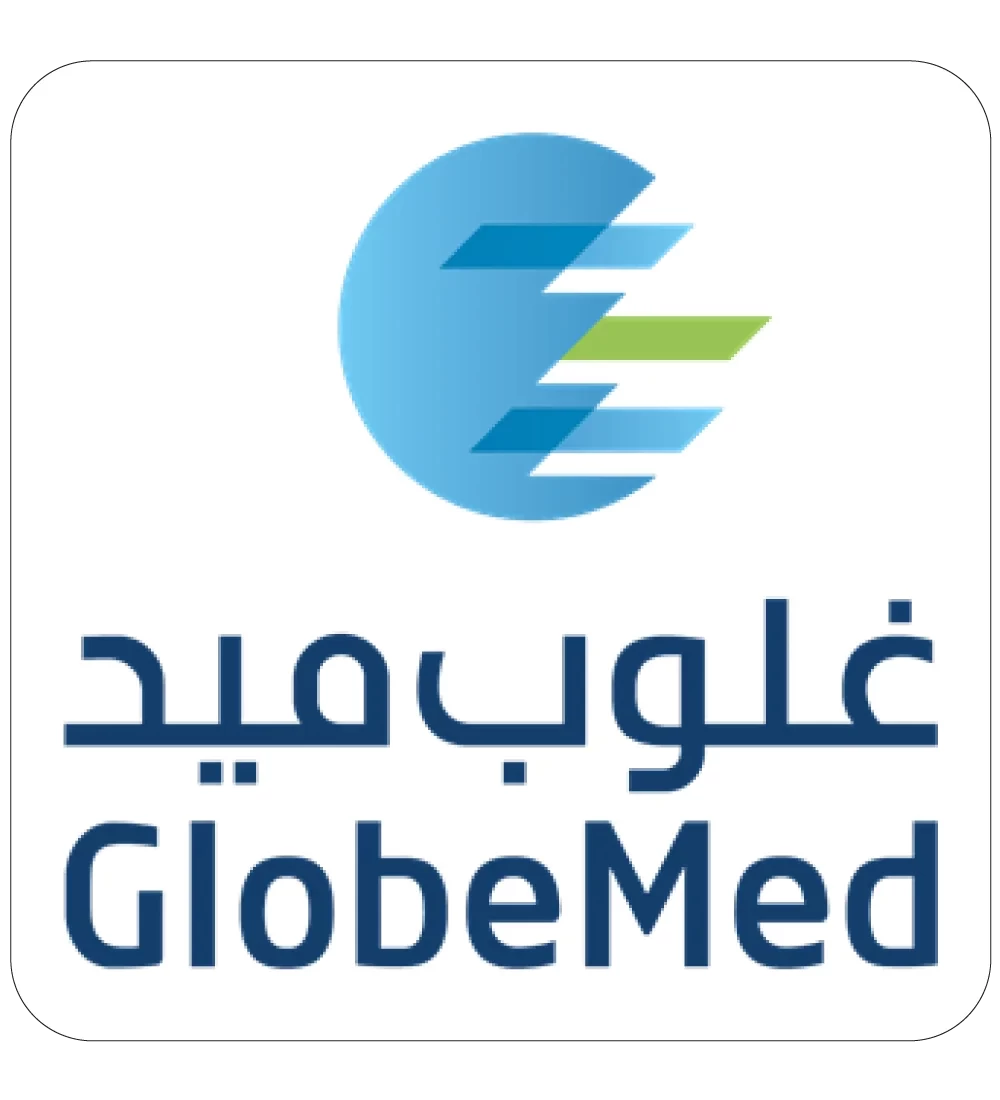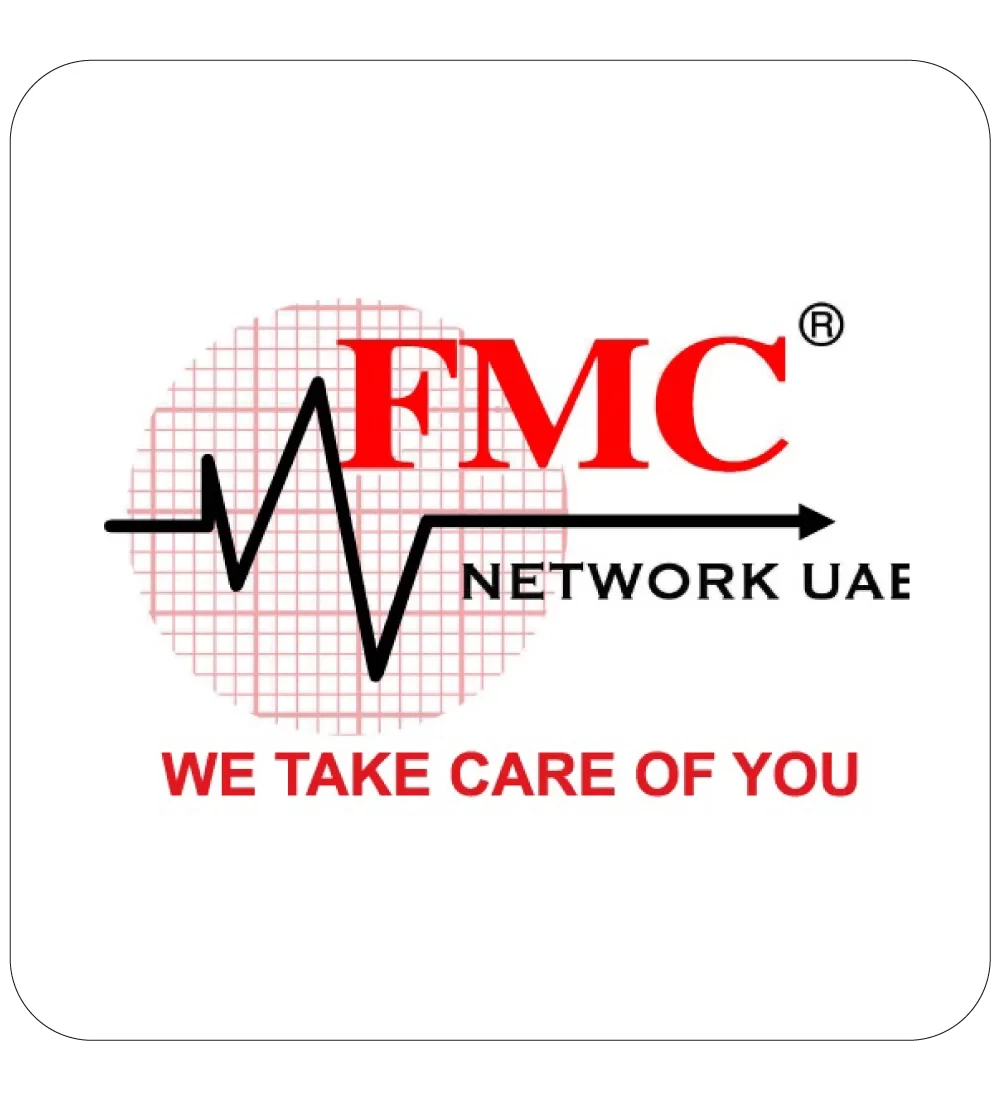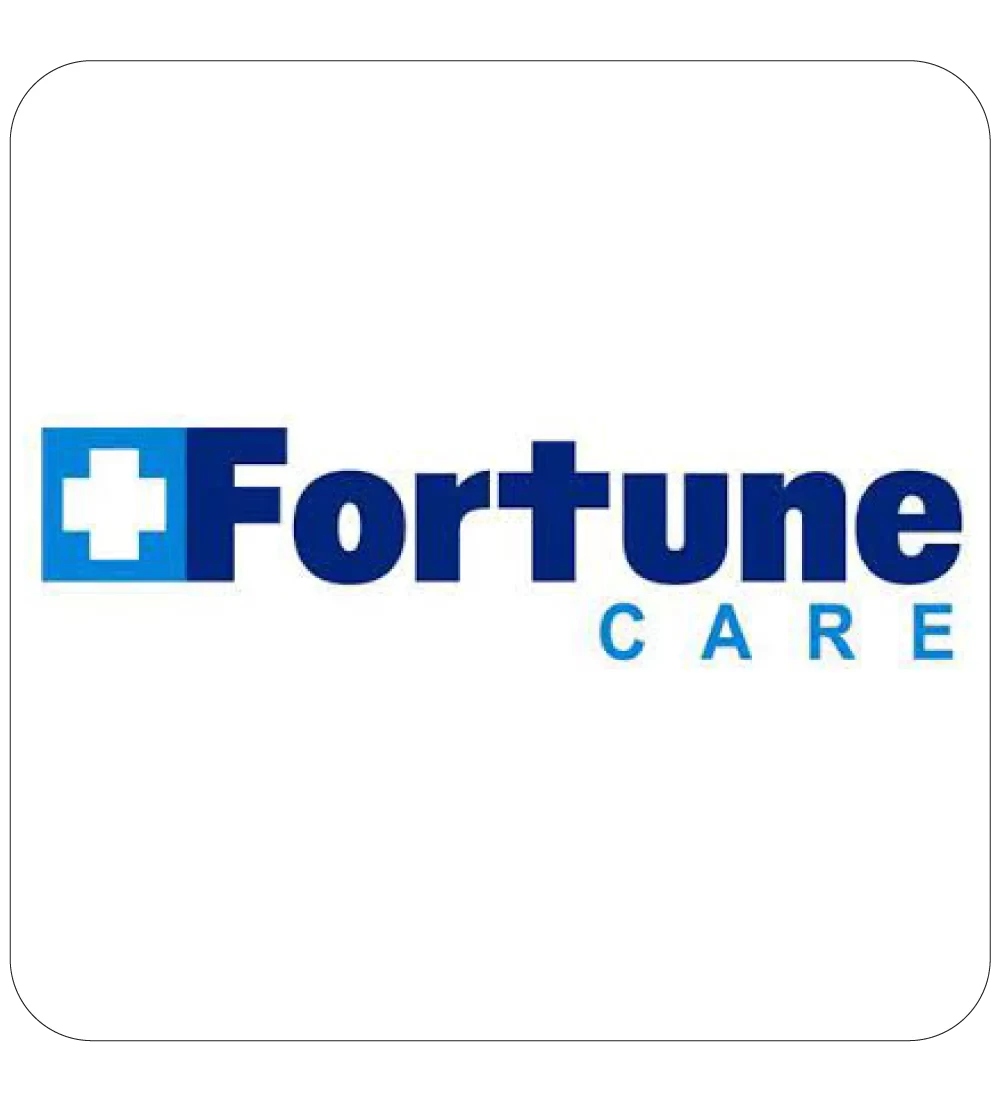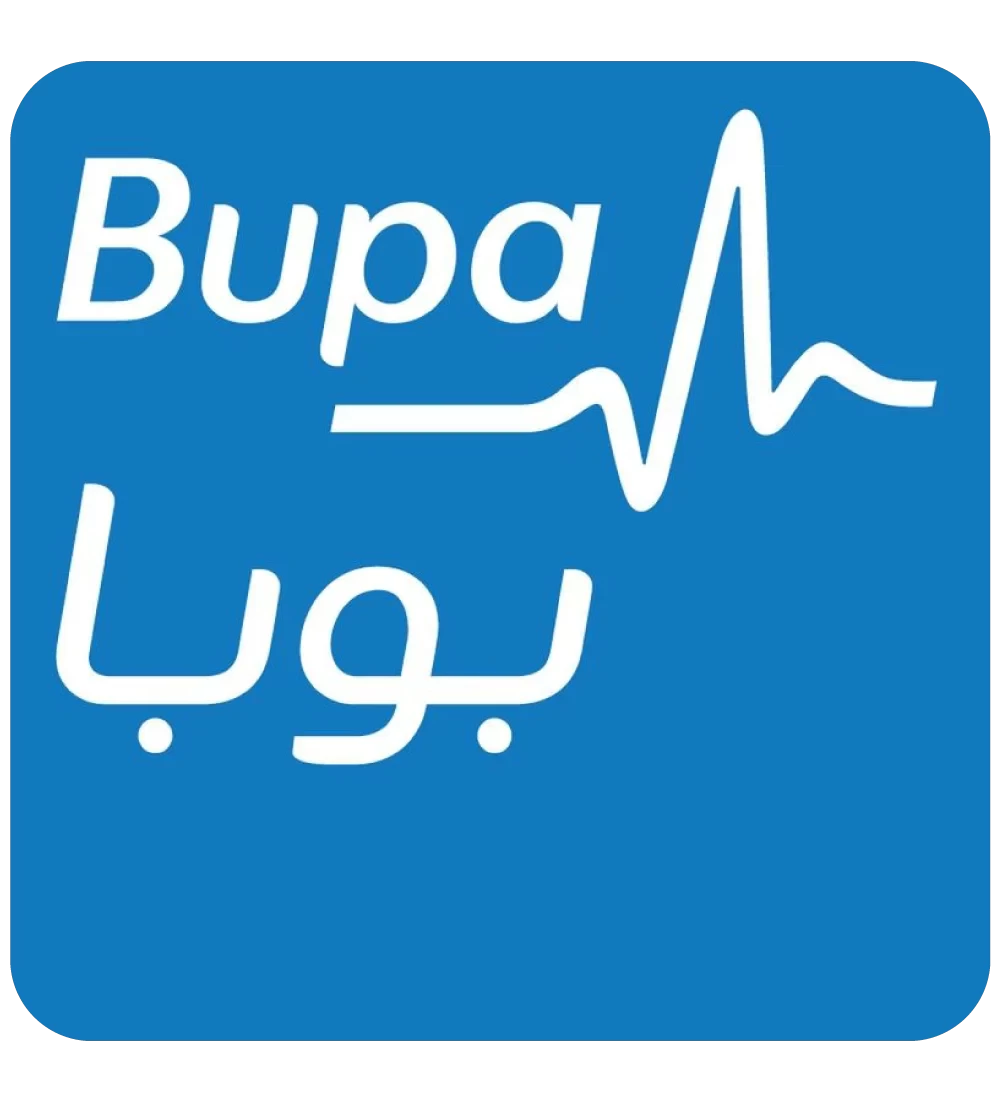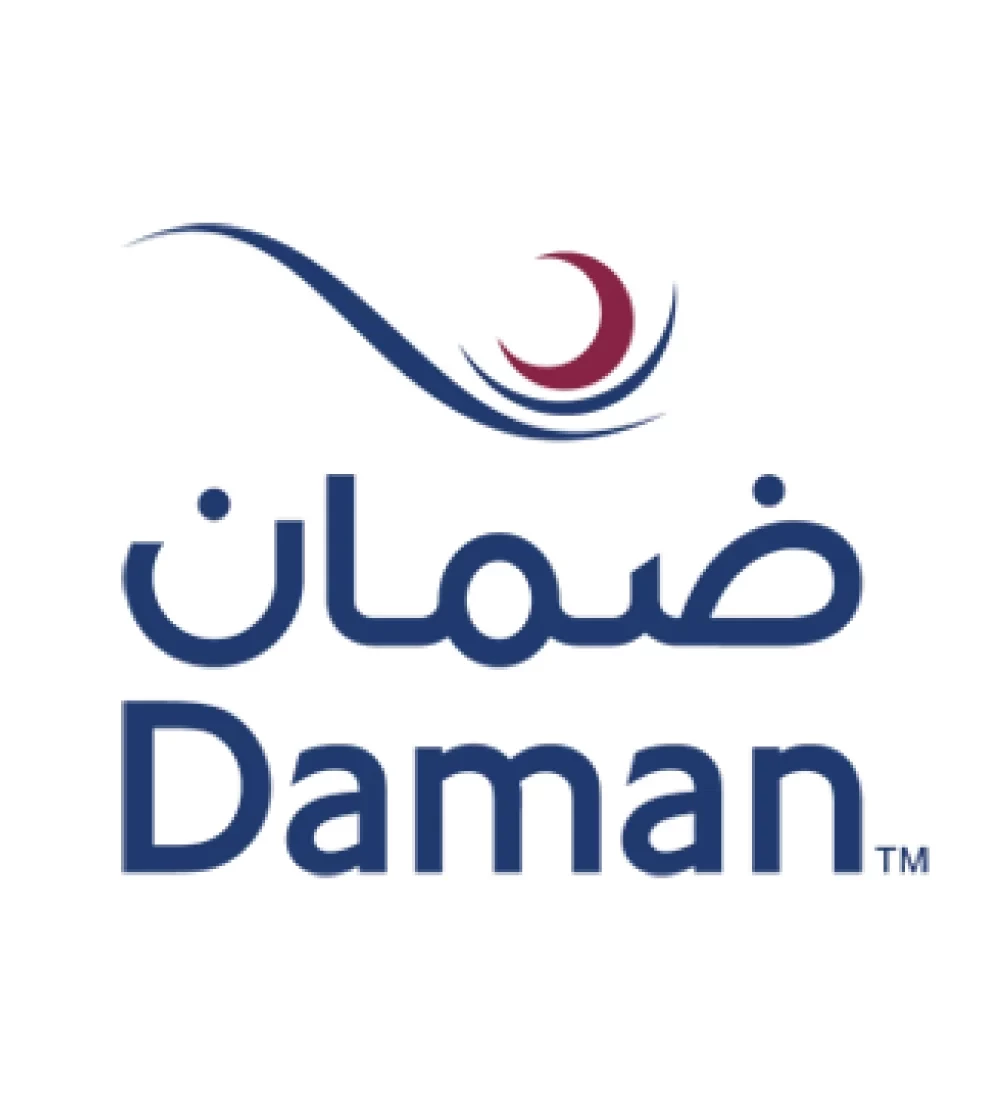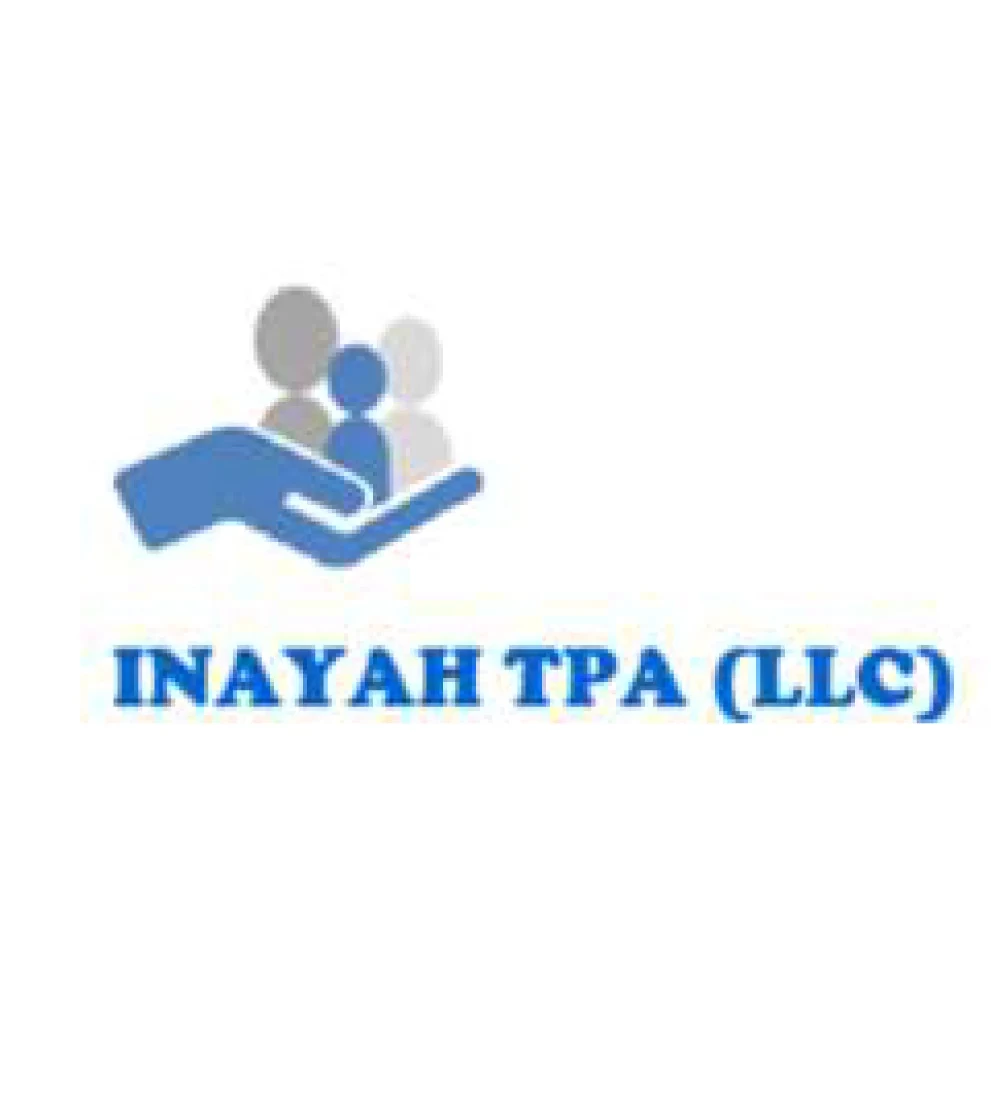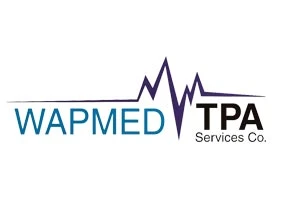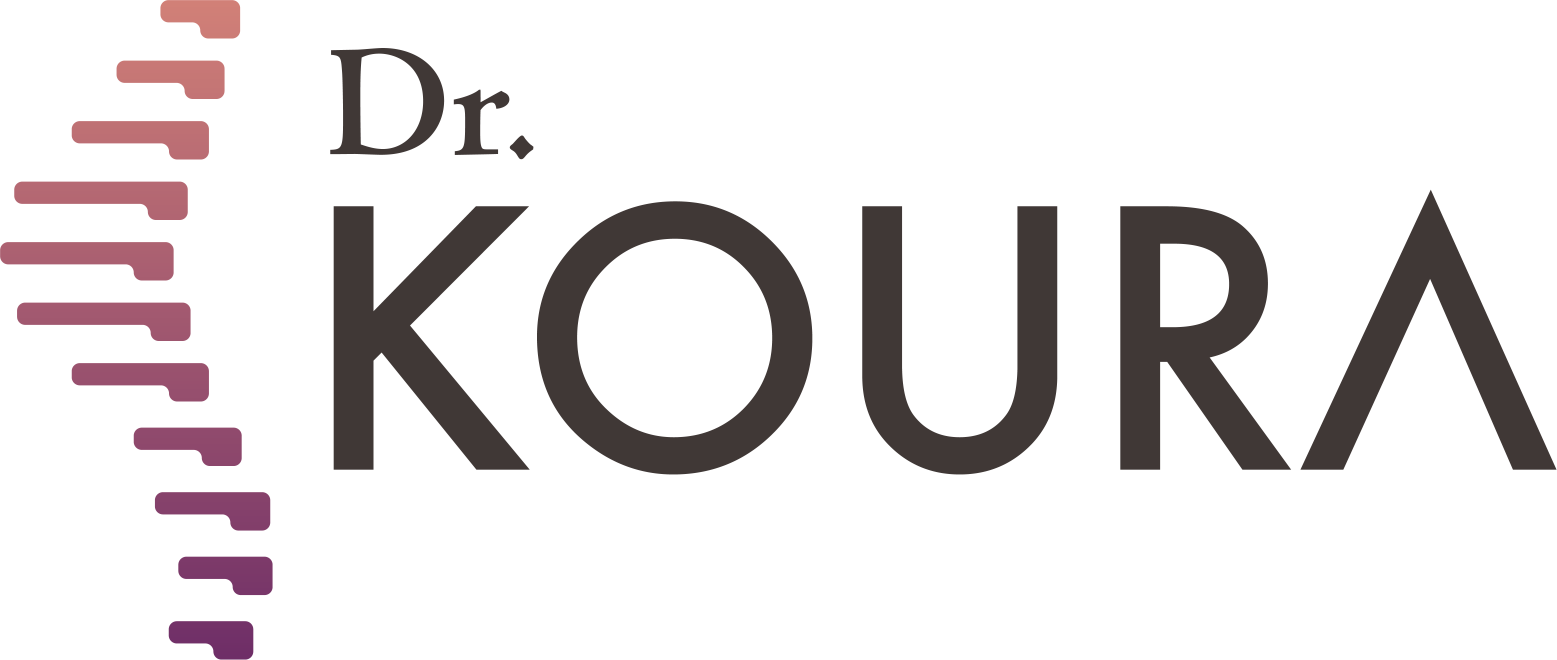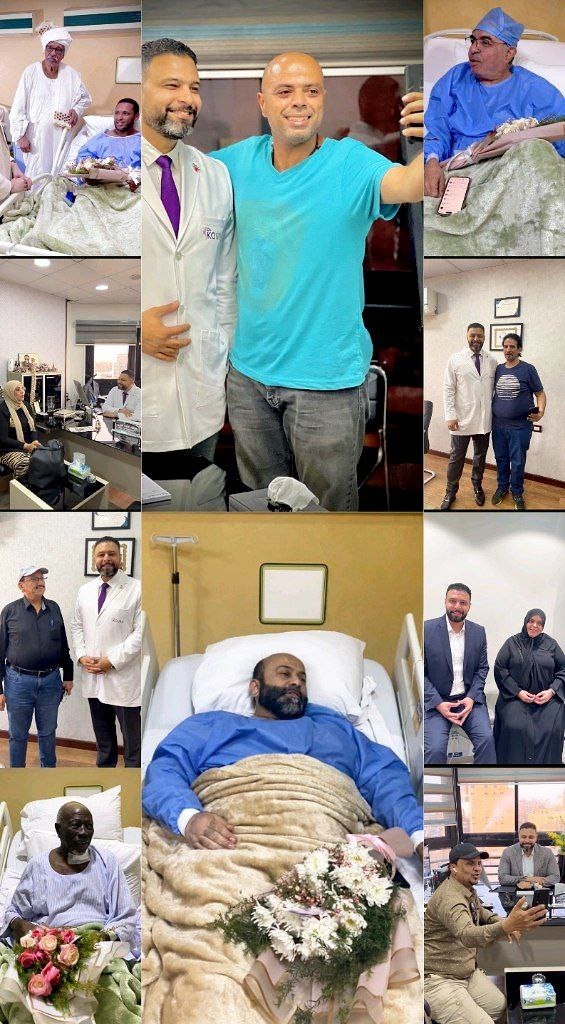
To see patients' reviews
Click hereTreatment of spine pain and issues, along with its advantages and disadvantages
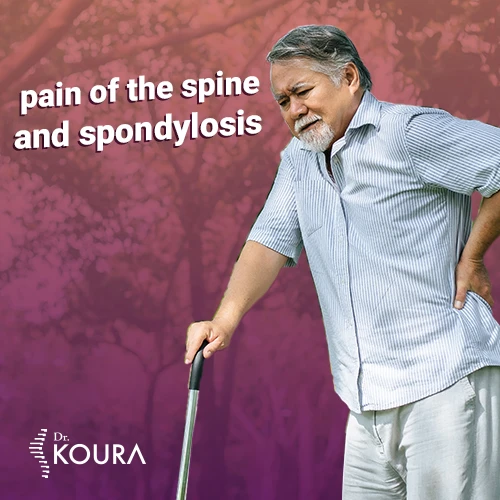
Back pain is one of the most common health issues affecting many people. It can be caused by a variety of factors such as herniated discs, arthritis, or muscle strain. Despite advancements in medicine and the numerous treatment options available, there are still many misconceptions about treating back pain. In this article, we will explore all the common treatments for back pain, outlining the advantages and disadvantages of each method.
Treatments for Back Pain and Spinal Problems:
These treatments include:
Bee Venom Therapy
One treatment that some people consider for back pain is bee venom therapy. However, this method is unsafe and unreliable, and has several drawbacks:
- Lack of Scientific Evidence: There are no credible studies supporting the effectiveness of bee venom in treating back pain.
- Risk of Allergic Reactions: Using bee venom can lead to severe allergic reactions, including swelling, difficulty breathing, and anaphylactic shock.
- Neglecting Effective Medical Treatments: Relying on bee venom may delay or cause people to ignore other scientifically proven medical treatments.
- Potential for Worsening the Condition: Not receiving appropriate treatment in a timely manner can worsen the spinal problem and increase pain.
Treatment with a Stick
This treatment involves inserting a small stick between the vertebrae to reduce symptoms. While this method does temporarily alleviate symptoms for a few hours or days at most, the pain often returns worse than before. It is not an effective treatment for back pain and can cause many complications and pain due to improper pressure on the vertebrae.
Treatment with Wood
Treating back pain with a piece of wood is a myth. This treatment involves moving a piece of wood along the back as a form of massage, which may temporarily relieve muscle tension and provide some relief for a day or two at most, as the muscles relax slightly.
However, this method does not address the underlying cause of the pain, leading to a return of symptoms after a day or two, often more severe.
Additionally, applying excessive pressure to the back can worsen the problem, potentially causing the vertebrae to slip, which increases the severity of the situation and makes the pain more acute.
Chiropractic Adjustments for Back Pain
Chiropractic adjustments, or spinal manipulation, may seem like a quick and effective solution for back pain, but it comes with several drawbacks:
- This method typically provides only temporary relief, as the pain often returns and may be worse after a short period.
- Improper chiropractic adjustments performed by an untrained individual can lead to serious injuries such as ligament tears or worsening of spinal problems.
- Relying on chiropractic adjustments may cause people to neglect proven medical treatments that address the underlying causes of pain.
- Frequent chiropractic adjustments can cause wear and tear on the joints over time, increasing the risk of developing chronic spinal conditions.
Surgery for Back Pain
Surgery is often considered a reliable medical option for treating back pain and conditions such as herniated discs or spinal stenosis. While surgery can provide a definitive and effective solution for many cases, it also comes with both advantages and disadvantages, making it not the first choice of treatment in most situations.
Advantages of surgery for back pain:
- Addressing the root cause: Surgery targets the underlying causes of pain, such as herniated discs or spinal stenosis, providing a permanent solution to the problem.
- Long-term effectiveness: Surgery often offers long-lasting results, as the problem is corrected fundamentally rather than just alleviating symptoms.
- Possibility of complete recovery: In some cases, surgery can contribute to a complete recovery from the problem, restoring the patient's ability to perform daily activities without limitations.
- Restoring ability to work and be active: Surgery can help patients regain their ability to work and engage in physical activities, improving their overall quality of life.
Disadvantages of surgery for back pain:
- Surgical risks: As with any surgical procedure, there are risks associated with anesthesia, bleeding, infection, and postoperative complications.
- Recovery period: Surgery requires a recovery period that can last for months, and during this time the patient may need medical support and rehabilitation.
- No guarantee of success: Surgery does not always guarantee the complete elimination of pain, and some patients may continue to experience pain even after surgery.
- High cost: Surgery can be expensive, especially if it includes the cost of pre- and postoperative care, as well as time off work during the recovery period.
- Potential complications: There is a possibility of complications such as nerve damage or recurrence of the herniation.
- Post-surgery limitations: After surgery, patients may be required to avoid certain strenuous physical activities to prevent complications or deterioration of the condition.
Therefore, non-surgical techniques should be considered first as a safe and effective solution for treating back pain and spinal problems. In more complex cases, surgery may be the appropriate solution despite its drawbacks.
Minimally Invasive Procedures for Back Pain
Minimally invasive procedures are innovative techniques designed to alleviate pain and treat the underlying causes of back problems without the need for traditional surgery. These procedures offer an alternative to traditional surgery, focusing on treating the problem in a precise and targeted manner.
Minimally invasive procedures for treating back pain and spinal problems offer several advantages that make them a preferred choice for patients seeking effective treatment without resorting to traditional surgery. Some of these advantages include:
- No incisions or surgical openings. This avoids the complications associated with traditional surgery.
- The procedure is performed under local anesthesia, avoiding the complications associated with general anesthesia.
- It addresses the root cause of spinal problems, not just providing temporary pain relief.
- Patients can resume their daily activities within a day of the procedure.
- Patients can be discharged from the hospital on the same day.
- The procedures are generally pain-free and do not cause any side effects.
- The procedures typically take less than 30 minutes.
In addition to these advantages, minimally invasive techniques have no drawbacks, unlike surgical interventions.
Examples of minimally invasive techniques used at Dr. Mohamed Koura center for treating spinal problems include:
- Radiofrequency ablation of nerve roots.
- Laser disc decompression.
- Disc FX technique.
- Endoscopic spinal decompression.
- Nerve roots injection.
Best Doctor for Non-Surgical Treatment of Back Pain
Dr. Mohamed Koura is considered the best doctor for treating thigh pain in Egypt and the Middle East. With his vast experience and continuous innovation in pain management, Dr. Koura is not just a doctor but a true pioneer in providing the highest levels of healthcare. If you are seeking effective and immediate solutions for chronic pain, Dr. Koura is the ideal choice. He utilizes the latest medical technologies to accurately diagnose problems and develop personalized treatment plans tailored to each patient's needs, making him beloved by his patients.
Dr. Koura's medical center is more than just a medical facility; it is a comprehensive community that provides everything patients need, from advanced diagnostic services and a state-of-the-art imaging center to modern natural therapies. Thanks to his exceptional team and comprehensive approach, Dr. Koura tops the list of specialists in treating back and joint pain without surgery.
What sets Dr. Koura apart is his ongoing commitment to development and staying up-to-date with the latest medical innovations. He actively participates in international conferences and collaborates with a select group of world-renowned doctors and experts, ensuring that his patients receive the best and most up-to-date treatments available. His comprehensive and integrated approach to treatment ensures the comfort and satisfaction of his patients, making his center the ideal destination for anyone seeking to eliminate pain with the latest and most effective techniques.
It's time to regain your mobility, comfort, and enjoy a pain-free life without surgery. Book an appointment now with Dr. Mohamed koura, the pioneer in treating back and joint pain without surgery.
Why Choose Dr. Mohamed Koura ?
Simply because he is the best doctor in his feild. He stays updated on the latest treatment technologies through his participation in various international conferences with leading foreign doctors and experts. Finally, and most importantly, Dr. Mohamed Koura is the best doctor in Egypt and the Arab world, possessing 12 non-surgical techniques for treating spinal and joint problems. He was the first to introduce modern interventional treatment techniques in Egypt & the Middle East and is the only one using the disc fx technique to treat spinal pain.
Certainly not, some cases must be treated surgically, and the most appropriate technique for the patient is determined through a medical examination and the presence of imaging studies.
No, it is necessary to make a reservation through a phone call or social media messages.
There are no risks or side effects associated with non-surgical pain interventions.
The patient needs only 3 to 4 days before they can travel comfortably, and the hospital stay does not exceed 6 to 8 hours.
A condition cannot be accurately assessed and a proper medical diagnosis made without a medical examination and recent imaging studies.
Yes, there are several payment methods available through Visa or electronic wallets by making a reservation on our website.
Certainly, obesity is one of the causes of knee osteoarthritis.
Radiofrequency activates the nerve and does not cause any damage to it.
Non-surgical interventions are a definitive treatment for some cases and pain relievers for other cases, which is determined by the doctor through a medical examination.
If the herniated disc is fully treated, there is a possibility of it reoccurring in some cases, such as not following the doctor's prescribed instructions after the intervention, experiencing an accident, or making a sudden wrong movement like lifting heavy objects.
The entire disc is not removed due to the presence of several risks and it may exacerbate the condition. Only the protruding part that causes pain is removed.
This cannot be done with radiofrequency, but it is performed through other techniques that Dr. Koura conducts.
The success or failure of non-surgical interventions cannot be judged through radiographic imaging because these procedures involve making subtle changes to critical parts to address the issue. Consequently, they do not produce significant changes to avoid potential complications in the future or damage to the spine and joints, which is our primary goal.
Spinal stenosis does not typically cause sciatica. In most cases, disc herniation is what may lead to sciatica. This does not necessarily mean that a patient with sciatica will also have spinal stenosis.
Sciatica may return if the patient does not adhere to the medical instructions provided by the doctor or in the event of an unexpected accident.
Lower back pain can result from several causes, including a herniated disc, nerve compression, muscle strain, or chronic spinal injuries. Lifestyle factors such as prolonged sitting, muscle weakness, and excess weight can also exacerbate the problem.
A life without pain without surgery
Once you book with Dr. Koura
Get rid of pain with just one call.. Book your appointment now with pain Management consultant Dr. Koura.
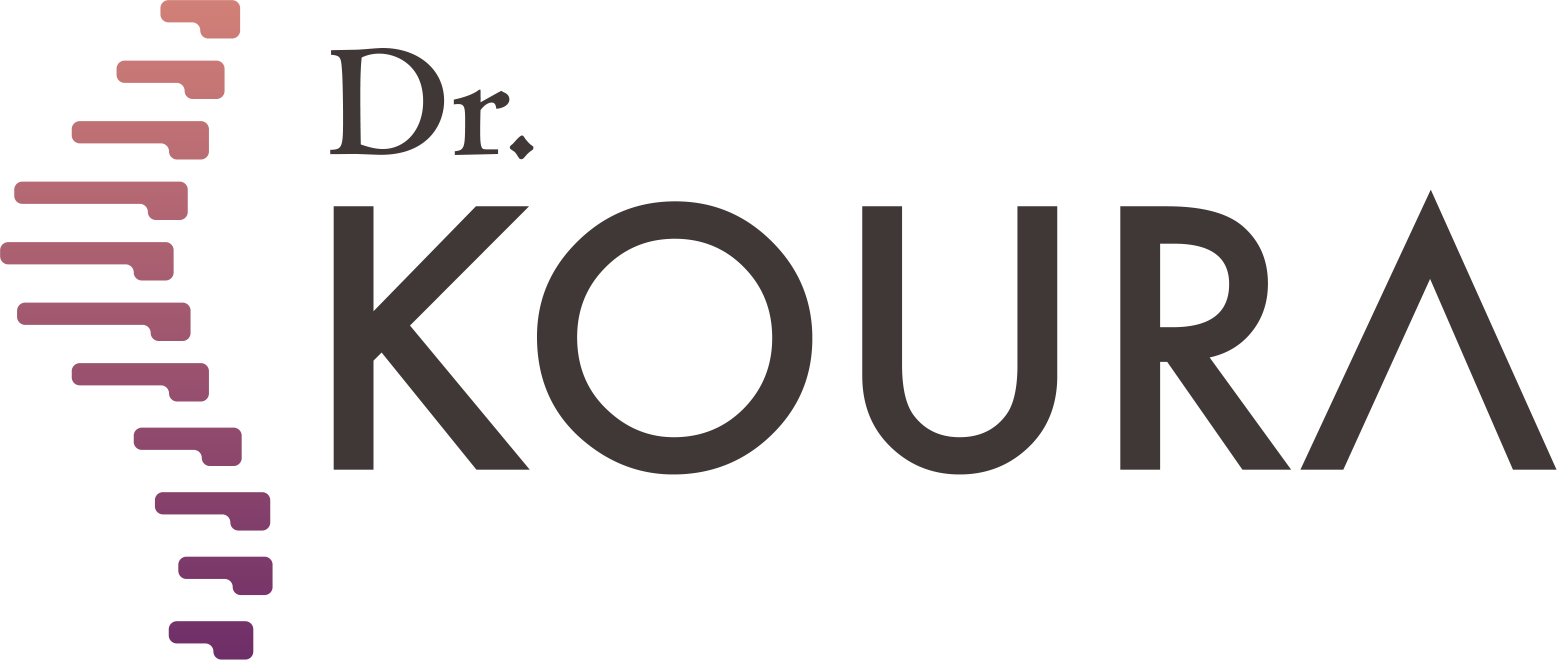





-webp.webp)




-webp.webp)






